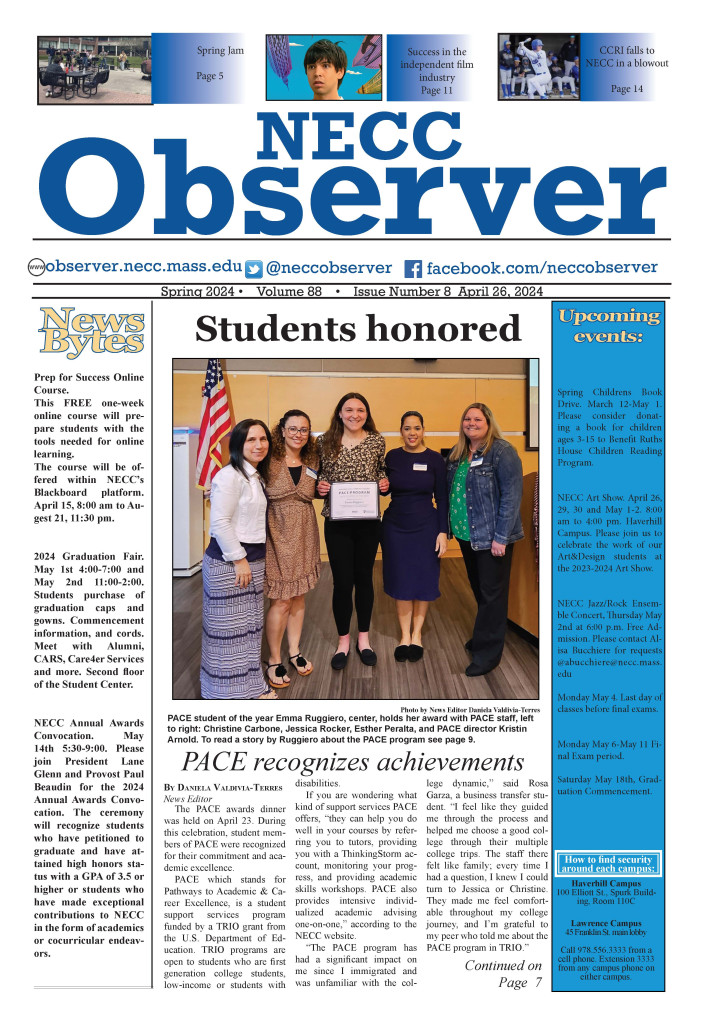In honor of National Poetry Month ending, I thought a poetry book review was a wonderful way to close off the month. the sun and her flowers is written by Rupi Kaur, a famous Instagram poet, and as of January 5th, 2020, it held the #1 spot on the New York Times Best Sellers List for 76 weeks.
Throughout reading the book, I noticed there is some sort of plot line throughout the poems/book. The poems start off being dark and depressing. Some talk about addiction, while others talk about heartbreak and “using” someone within a relationship. The second part titled “falling,” was also depressing and talks about “self-harm,” “self-hatred” and over all just being depressed.
The first two sections are mostly about how it feels to be depressed. Which I understand it is nice to reach out to the audience who is struggling with their mental health to try to tell them, “Hey, you’re not alone,” but I also think that some of the poems are rather “cheesy.”
For example,
“like the rainbow
after the rain
joy will reveal itself
after sorrow” (89)
I just think that some of the poems are ones that you would read on social media, and not expect to find within a book.
The next section, titled “rooting,” is all about immigration. For example, a lot of the poems talk about coming over on a boat, being an outcast to society due to being an immigrant, and overall, how life is as an immigrant.
Personally, this is my favorite section from the book. However, there is still some “cheesy” poems. For example, there is a “two-liner” that reads,
“my mother sacrificed her dreams
so I could dream” (148)
Which do not get me wrong, it is a sweet little ballad to her mother, but it is slightly repetitive due to dream being in there twice and it is also very cliché. Most immigrants give up their own lives in their home nation, to provide a better life for their family. And that is apparent throughout the whole section, but this little “poem” seems to me that she needed to extend the section another page, so she added this in.
These next two sections are about coming out of the hard place that was presented at the beginning of the book, within the first two sections. I have noticed throughout her books that this is a normal “plot” arch. I have previously read, milk and honey, which was somewhat the same “plot.”
The beginning starts off with a dark and depressing tone, while the last section is always more uplifting and brighter, like a resolution to the problems.
Overall, from reading Rupi Kaur’s book, the sun and her flowers. I do think that there are a lot of cliché poems within the book. Or simple “poems,” that are not truly poems, that would be better left on Instagram then in the book.
I do appreciate her writing, and I understand that this is the modern wave of poetry, and I do plan to read her other book, home body, this summer. I do expect to see some similarities, like the clichés, within this book. Nonetheless, without looking at this book from a poetic standpoint, it is a light read that allows the reader to escape their everyday life to indulge in someone else’s.
I think that this is a strong factor in a good book, but I do think that even if the book was shorter without some of the cliché two-line poems, that it would be even better. Plus, some of the YouTube critics might lighten up a bit about their heavy dislike of “Instagram Poetry.”

